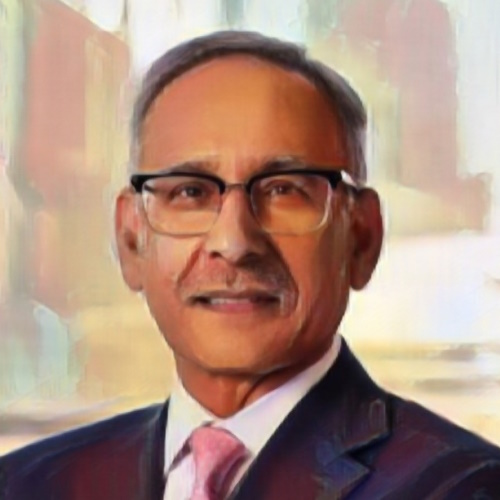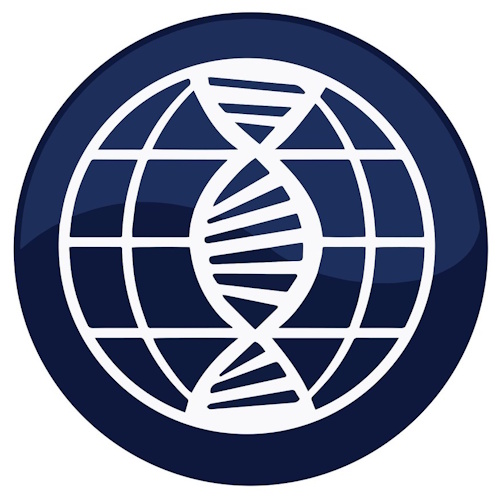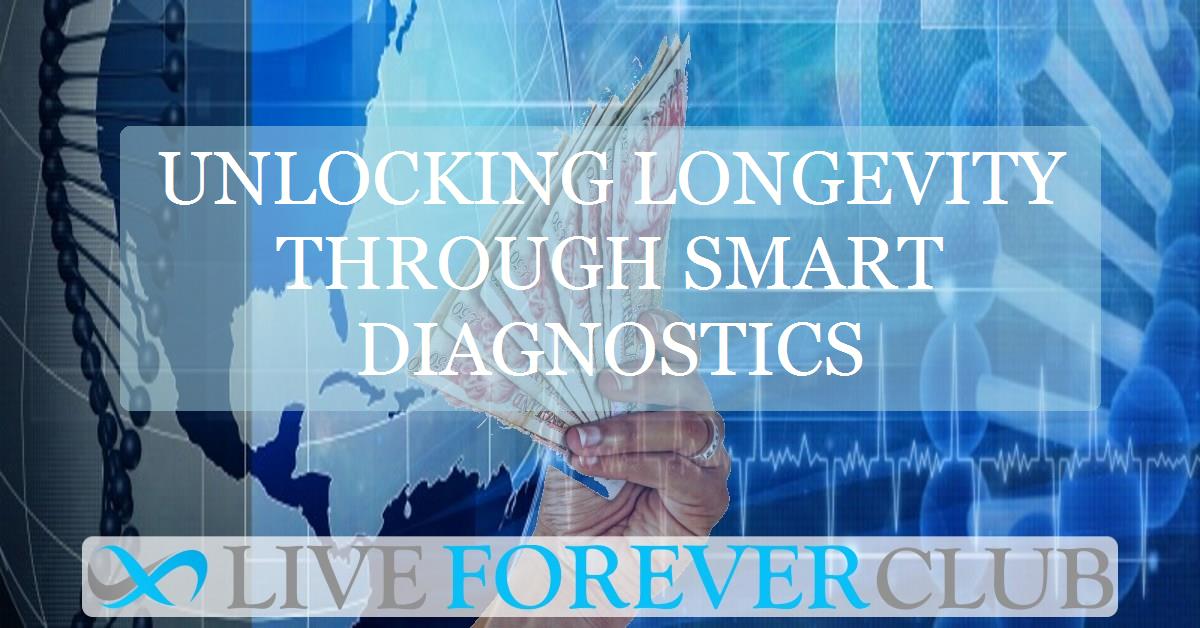Forging the Future of Longevity: How a New Hevolution–Nanobiosym Partnership Could Transform Metabolic Health
In the race to extend healthy human lifespan, one question drives scientists and policymakers alike: how do we turn cutting-edge discoveries into tools that genuinely improve lives? At the Global Summit 2025, hosted at the Massachusetts Institute of Technology (MIT), this question took centre stage as Hevolution and Nanobiosym announced a landmark collaboration aimed at accelerating innovation in diagnostics, ageing research, and metabolic health.
The agreement, signed by Hevolution CEO Dr. Mehmood Khan, SVP of Research HRH Princess Dr. Haya Al Saud, and Nanobiosym founder Dr. Anita Goel, MD, PhD, represents a bold attempt to redefine how we detect, monitor, and ultimately intervene in age-related diseases.
The Global Summit 2025: A Meeting Point for the Longevity Frontier
Hevolution’s Global Summit has rapidly become one of the world’s most influential gatherings in longevity science, bringing together researchers, industry leaders, and policymakers to chart the future of ageing research. The 2025 edition at MIT highlighted the convergence of biotechnology, digital diagnostics, AI, and health-system innovation—underscoring a fundamental shift in how the world approaches ageing.
Topics ranged from multi-omics and computational biology to public-health strategies for chronic-disease prevention. Against this backdrop, the Hevolution–Nanobiosym memorandum provided one of the summit’s most forward-looking announcements: a blueprint for pairing deep diagnostics with large-scale public-health goals.
Hevolution: Investing in Healthier, Longer Lives
Hevolution is a global, philanthropy-driven organisation dedicated to extending healthy human lifespan by funding research, supporting translational science, and accelerating solutions that target the biology of ageing. With a focus on both scientific rigor and real-world impact, Hevolution aims to make longevity interventions accessible and scalable—not just theoretical.
The new collaboration aligns with the organisation’s broader commitment to metabolic health, a cornerstone of ageing research and a key driver of global morbidity. Diseases such as diabetes, cardiovascular disease, and obesity represent biological ageing at an accelerated pace. Improving early detection and personalised monitoring could shift entire populations from reactive care to proactive, preventative health.
Nanobiosym: Engineering the Next Wave of Diagnostic Innovation
Founded by Dr. Anita Goel, Nanobiosym is a technology company positioned at the intersection of physics, nanotechnology, and bioengineering. Its mission is to democratise health information by creating portable diagnostic tools that bring lab-quality analysis directly to patients, clinicians, and communities.
At the heart of Nanobiosym’s work is Gene-RADAR®, a mobile, handheld platform that can detect genetic and molecular markers in real time—without the need for large laboratory infrastructure. The company integrates this hardware with multi-omics artificial intelligence, enabling rapid analysis of DNA, RNA, proteins, metabolites, and other biomarkers.
This fusion of nanotechnology and AI allows for earlier, more precise detection of disease signatures, with potential applications in infectious disease, cancer, metabolic disorders, and ageing biology. Nanobiosym’s vision is simple but radical: a world where anyone, anywhere, can access real-time health data and personalised insights.
What the Collaboration Will Do
1. Accelerated Diagnostics for Ageing and Disease
The partnership will explore how Nanobiosym’s Digital Diagnostics Platform—especially Gene-RADAR®—can be used to discover and validate biomarkers linked to ageing and metabolic dysfunction. Faster biomarker discovery means faster development of new therapies, interventions, and health-monitoring tools.
2. Mapping Metabolic Ageing
Using multi-omics AI, researchers will study how ageing manifests in chronic diseases such as:
- Type 2 diabetes
- Obesity
- Cardiovascular disease
These conditions collectively affect billions of people worldwide and drive enormous healthcare costs. More precise diagnostics could help identify at-risk individuals earlier and guide personalised interventions.
3. Global and National Impact
The initiative will support Saudi Vision 2030’s “Vibrant Society” pillar, which emphasises health, well-being, and innovation. It also positions the Kingdom as a global leader in longevity science—an emerging field projected to transform healthcare over the coming decades.
Why This Matters
Ageing is the strongest risk factor for nearly every major chronic disease. By developing diagnostics that can reliably measure biological ageing—and detect metabolic dysfunction long before symptoms appear—this collaboration pushes medicine toward a more preventative, personalised model.
- If successful, the partnership could enable:
- Earlier detection of metabolic decline
- More effective lifestyle or drug-based interventions
- Better tracking of treatment success
- Reduced long-term healthcare burden
- Improved quality of life for ageing populations
Ultimately, the initiative aims to translate the promise of longevity science into practical, accessible solutions, moving society closer to a future where healthier, longer lives are not just aspirational, but achievable.








